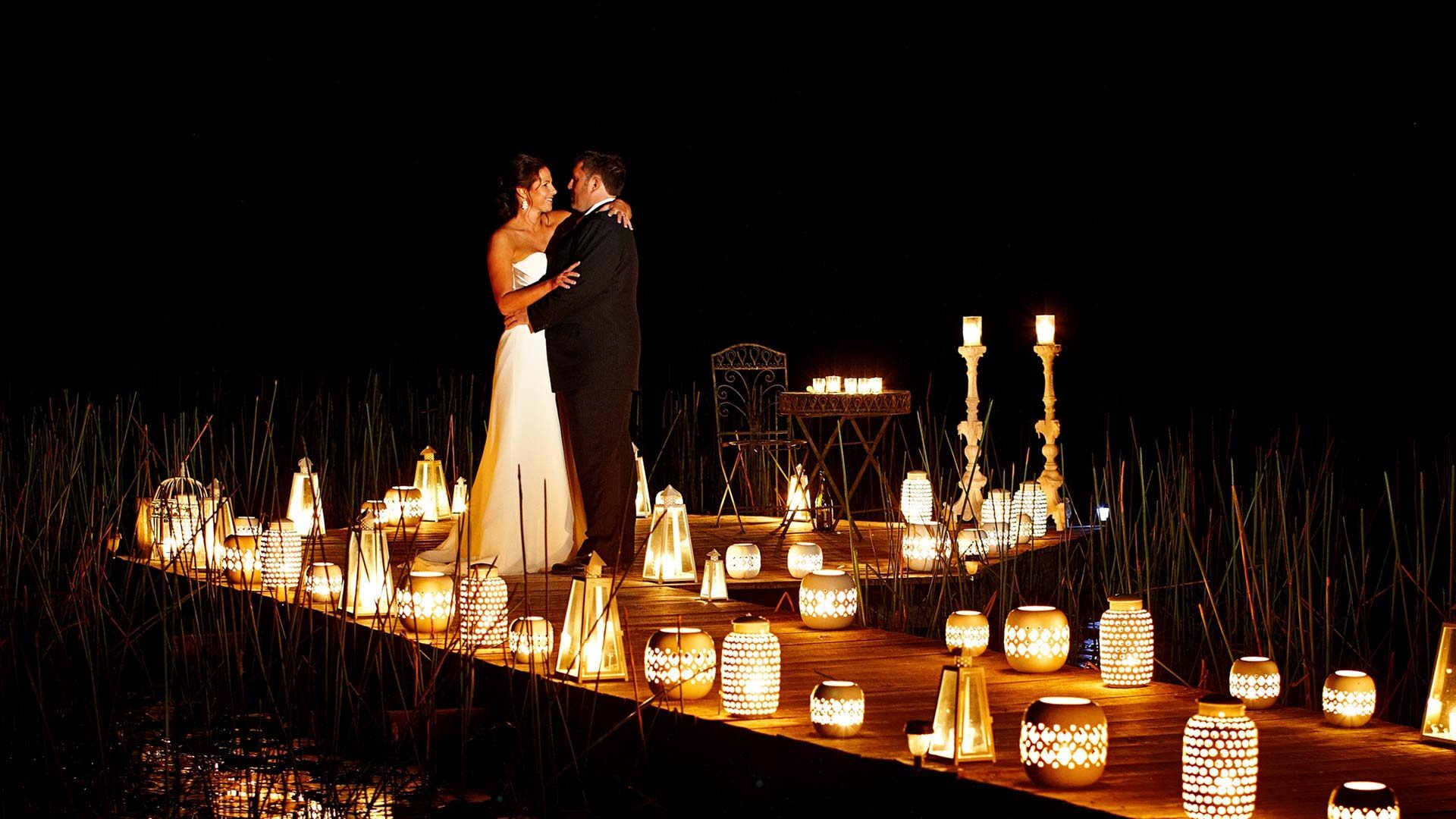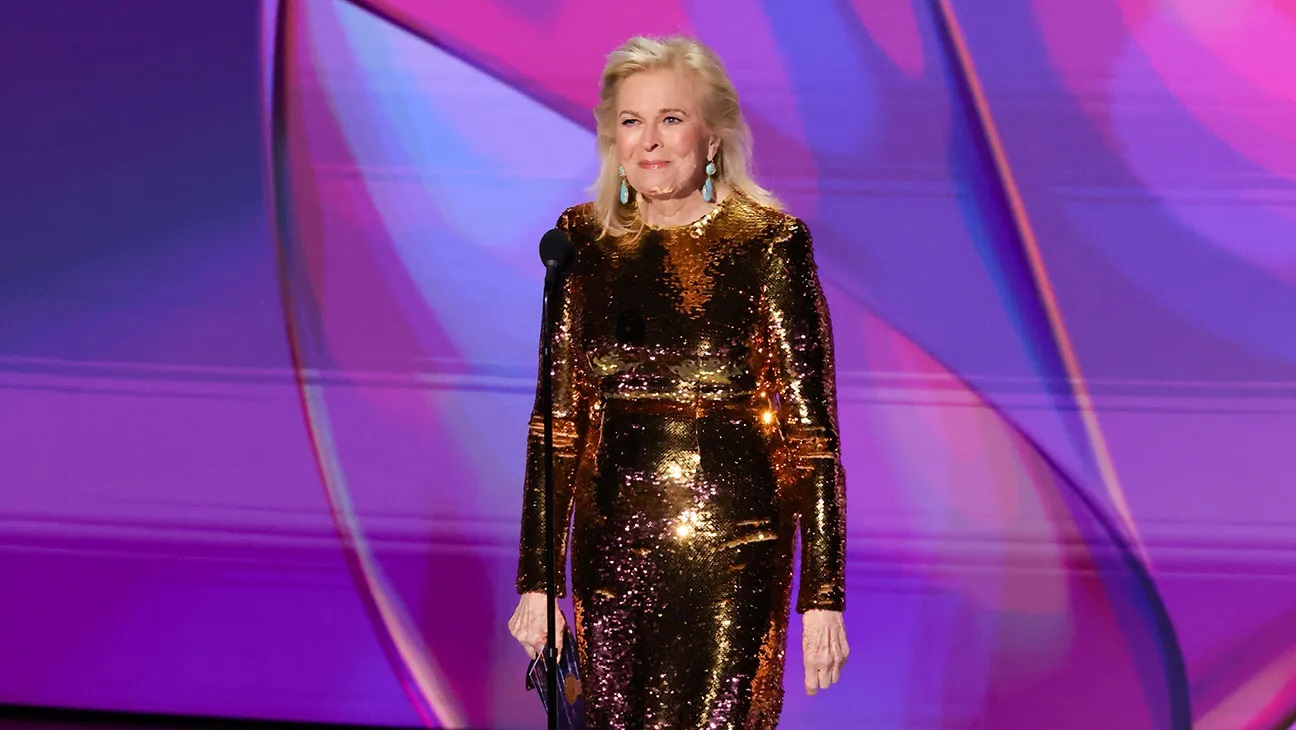
Special occasions bring joy, excitement, and a break from the routine. They mark milestones, celebrate achievements, and create lasting memories. But what makes these moments so special? Special occasions often involve traditions, unique customs, and sometimes even quirky facts that add to their charm. From birthdays to anniversaries, holidays to cultural festivals, each event has its own significance and story. Ever wondered why we blow out candles on a birthday cake or why certain holidays have specific foods? Special occasions are more than just dates on a calendar; they are rich with history, meaning, and fun facts that make them unforgettable.
Key Takeaways:
- Birthdays are celebrated worldwide with cakes, songs, and unique traditions. From ancient Greece to modern Mexico, each culture adds its own special touch to this joyous occasion.
- Weddings are joyous celebrations filled with customs and traditions from around the world. From India's multi-day ceremonies to Sweden's engagement ring exchange, love is celebrated in diverse and beautiful ways.
Birthdays
Birthdays are special days celebrated worldwide. They mark the anniversary of a person's birth and are often filled with joy, gifts, and parties.
- The tradition of birthday cakes dates back to ancient Greece. Greeks would make round cakes to honor Artemis, the goddess of the moon.
- In medieval England, people believed that the person who found a coin in their birthday cake would have good luck.
- The "Happy Birthday" song is the most recognized song in the English language.
- In some cultures, the first birthday is the most significant. For example, in Korea, a child's first birthday, called "Doljanchi," is a grand celebration.
- In Mexico, a birthday is celebrated with a piñata, which is filled with candy and small toys.
Weddings
Weddings are joyous occasions that celebrate the union of two people. They are often filled with traditions and customs that vary from culture to culture.
- The tradition of wearing a white wedding dress was popularized by Queen Victoria in 1840.
- In India, weddings can last for several days and include numerous rituals and ceremonies.
- The phrase "tying the knot" comes from an ancient Celtic tradition where the hands of the bride and groom were tied together to symbolize their union.
- In Sweden, it is customary for the bride and groom to exchange rings during the engagement, not just at the wedding.
- In some African cultures, the couple jumps over a broom to symbolize sweeping away their old lives and starting anew.
Anniversaries
Anniversaries mark the passage of time in a relationship or significant event. They are often celebrated with gifts and special activities.
- The tradition of giving specific gifts for each anniversary year dates back to the Middle Ages.
- The 25th anniversary is known as the "silver anniversary," while the 50th is the "golden anniversary."
- In Japan, couples celebrate their 60th anniversary, known as "Kanreki," which symbolizes the completion of the zodiac cycle.
- In some cultures, it is customary to renew wedding vows on significant anniversaries.
- The longest recorded marriage lasted 86 years between Herbert and Zelmyra Fisher of North Carolina.
Holidays
Holidays are special days set aside for celebration, remembrance, or religious observance. They often involve traditions, feasts, and gatherings.
- Christmas is celebrated on December 25th to commemorate the birth of Jesus Christ.
- Hanukkah, the Jewish Festival of Lights, lasts for eight days and nights.
- Diwali, the Hindu Festival of Lights, symbolizes the victory of light over darkness.
- In the United States, Thanksgiving is celebrated on the fourth Thursday of November to give thanks for the harvest and blessings of the past year.
- The Chinese New Year, also known as the Spring Festival, is the most important traditional holiday in China.
Graduations
Graduations mark the completion of an educational program and the beginning of a new chapter in a person's life. They are often celebrated with ceremonies and parties.
- The tradition of wearing caps and gowns dates back to the 12th century when universities first formed in Europe.
- In Japan, graduation ceremonies are highly formal and often include speeches by students and teachers.
- In the United States, it is customary for graduates to move the tassel on their cap from the right side to the left after receiving their diploma.
- Some cultures celebrate graduation with elaborate parties and gifts, such as in Brazil where it is common to have a big celebration called "Formatura."
- In South Africa, graduation ceremonies often include traditional dances and songs.
Baby Showers
Baby showers are celebrations held to honor the expecting mother and the upcoming birth of a baby. They often include games, gifts, and food.
- The tradition of baby showers dates back to ancient Egypt and Greece, where they were held after the birth of the baby.
- In the United States, baby showers are typically held before the baby is born.
- In some cultures, such as in India, baby showers are held during the seventh month of pregnancy and are called "Godh Bharai."
- In Brazil, baby showers are called "chá de bebê," which translates to "baby tea."
- In South Africa, baby showers are often called "stork parties," and guests bring gifts for the baby.
Funerals
Funerals are ceremonies held to honor and remember a person who has passed away. They often include rituals and customs that vary by culture and religion.
- In ancient Egypt, funerals were elaborate ceremonies that included mummification and burial in tombs.
Celebrating Life's Moments
Special occasions bring joy, connection, and memories. Birthdays, anniversaries, and holidays mark our lives with meaning. These events remind us to appreciate loved ones and cherish time together. Traditions, whether cultural or personal, add depth to celebrations, making them unique and memorable.
Understanding the significance behind these moments enriches our experiences. Knowing why we celebrate helps us connect with our roots and each other. Whether it's a grand party or a simple gathering, the essence lies in the shared happiness and love.
Next time a special occasion comes around, take a moment to reflect on its importance. Embrace the traditions, enjoy the company, and create lasting memories. Life's moments are fleeting, but the joy they bring can last a lifetime. Celebrate with heart and make every occasion special.
Frequently Asked Questions
Was this page helpful?
Our commitment to delivering trustworthy and engaging content is at the heart of what we do. Each fact on our site is contributed by real users like you, bringing a wealth of diverse insights and information. To ensure the highest standards of accuracy and reliability, our dedicated editors meticulously review each submission. This process guarantees that the facts we share are not only fascinating but also credible. Trust in our commitment to quality and authenticity as you explore and learn with us.


